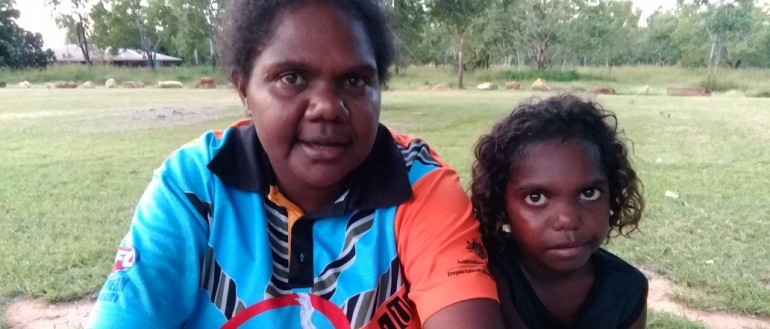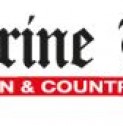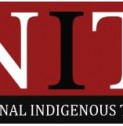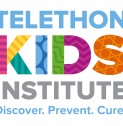Investigators:
- Chief investigator, Professor Anna Ralph (Menzies)
- Associate Professor Vicki Krause (DoH Director Centre for Disease Control)
- Angela Kelly (Menzies)
- Heather D'Antoine (Menzies)
- Anne-Marie Lee (Chair Sunrise Health Board)
- Vicki Wade (RHD Australia)
- Vicki Kerrigan (Menzies)
- Hilary Bloomfield (Manager RHD Program Top End Health Service)
- Marea Fittock (DoH)
- Christine Fitzgerald (NT Department of Housing and Community Development)
- John Havnen (NACCHO)
- Dr Rosemary Wyber (Telethon Kids Institute)
Funders:
- BUPA Health Foundation
- END RHD Centre of Research Excellence NHMRC 1080401
- Telethon Kids Institute
- Heart Foundation (Vanguard Grant)
Collaborators:
- Community clinics
- Sunrise Health
- Tiwi Land Council
- RHDAustralia
- NT Department of Health
- Telethon Kids Institute
-
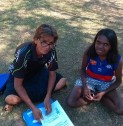
Working with communities to end rheumatic heart disease
Did you know that Aboriginal and Torres Strait Islander people live with rheumatic heart disease (RHD) at rates 60 times higher than non-Indigenous Australians? RHD is permanent heart damage, resulting from a throat or skin infection caused by Group A...
-
The fight against rheumatic heart disease continues into the new decade
Health experts from across Australia and New Zealand have teamed up with cultural advisors to address what they say is the greatest cardiovascular inequality between Indigenous and non-Indigenous Australians.
-

Rheumatic heart disease discussed at national conference
Menzies School of Health Research senior research fellow Josh Francis said there was positive news when it came to RHD “in the sense that there’s a really good plan coming together”.
-
Heartfelt song beats back infection
The song debuted at the Barunga Festival, after a collaboration between Skinnyfish Music, the Bupa Health Foundation, Telethon Kids and the Menzies School of Health Research.
-
Catchy new song could save thousands of children from deadly RHD
Indigenous children in Barunga have put together a catchy song in the hope it will save others from a crippling disease killing thousands.
-
Community engagement fundamental for effective delivery of care
A research project in the Northern Territory (NT) is looking to minimise the transmission of Group A Streptococcus (GAS or ‘strep’) – the bacteria responsible for acute rheumatic fever (ARF) and rheumatic heart disease (RHD).
-
Community collaboration ensures ending RHD is everybody’s business
Collaboration is the driving force behind ‘END RHD Demonstration Communities’ – a new community-driven, research-backed approach to tackling rheumatic heart disease (RHD) in remote Australia.
Aims:
- To stop recurrences of rheumatic fever and develop strategies to reduce Streptococcal A infections in households where someone who has had rheumatic fever lives.
Objectives:
- Patients and their households will be supported to establish ‘Strep-free zones’ by exploring the roles of crowding, functioning health hardware and early recognition and treatment of sore throats and skin sores.
Summary:
- Children and young adults with rheumatic fever need long-term penicillin injections, called secondary prophylaxis (SP). However, this is not enough to stop rheumatic fever recurrences that may lead to permanent heart damage, since not everyone can get every needle on time every 28 days for years on end. This project adds a ‘plus’ to the standard secondary prophylaxis by adding another layer of prevention that will address streptococcal infections at their source.
- Activities of the project occur in six primary domains. Central to the project is the role of Aboriginal Community Workers, employed through Menzies, who support and develop partnerships with RHD clients and their families.
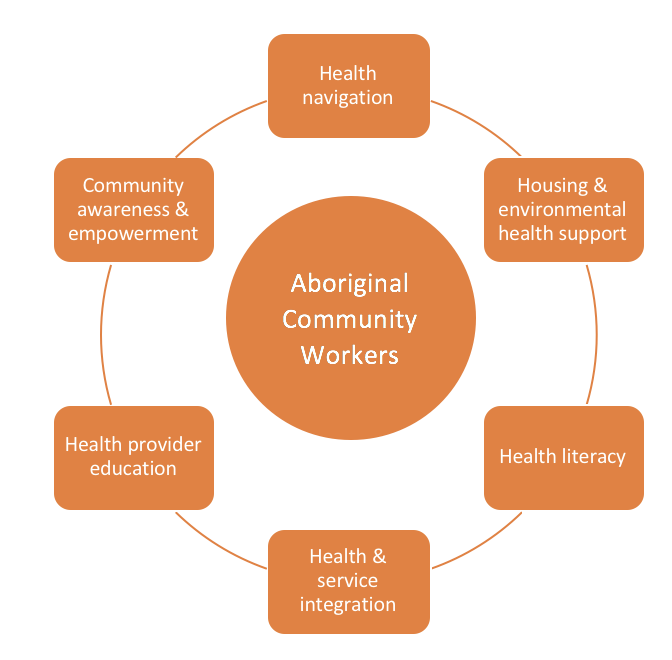
Implications for policy and practice:
- This is a pilot feasibility study which will run in selected communities in the NT’s Top End over 12 months and explores the role of local Care Navigators at the community level.
Chief investigator:
Project manager:
Contact information:
- Email Angela Kelly or phone (08) 8946 8653
Project dates:
- August 2017 – September 2021

